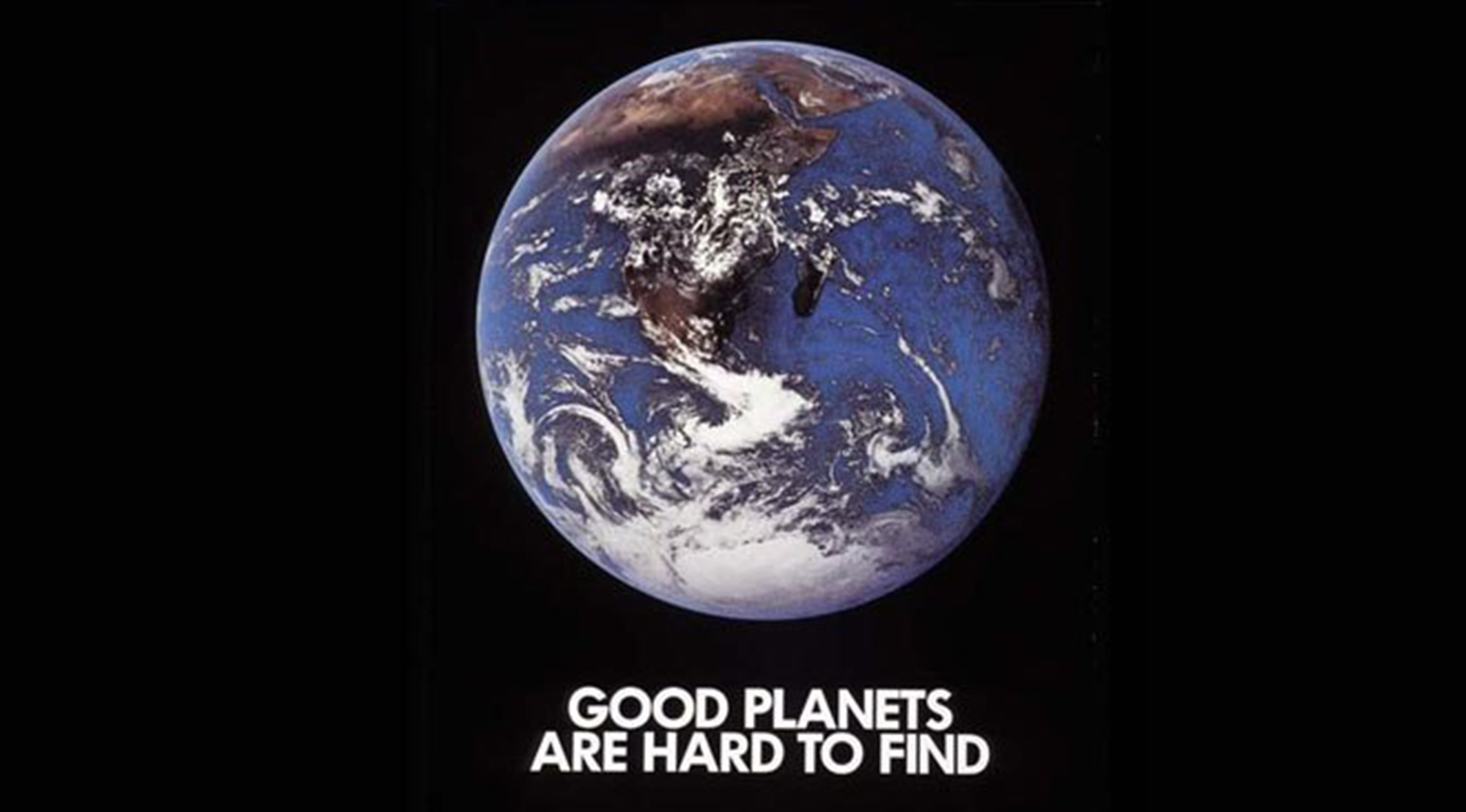The needs to protect the environment and to advance peace appeared in the political debate at the beginning of the 20th century with, for example, the establishment of the first nature preservation zones or the Nobel Prize. Nonviolence takes shape in the inter-war period. Then the UN Charter prohibits war (§2.3-4, 33 and 51). The 70’ marked a “militant” awakening and the entry of these fields into science and research: it’s the beginning of their legitimacy. It is also the beginning of political ecology. Peace remains more discreet, but makes a brilliant return with non-violence during and after the fall of the Berlin Wall.
Presently, to assure a sustainable and secure a future for humanity and forthcoming generations must be done by integrating peace in the process. Can we peacefully respond to climate change? The Sustainable Development Goals have the ambition of achieving this symbiosis and by leaving no one behind, to provide a happy and lasting destiny to each and all, to the planet and to our species.
Peace and ecology face the same challenge: the future of humanity. The contribution of peace, as a fundamental method, is essential. They share the principles of prevention and precaution. Peace knows how to manage conflicts without aggravating them and helps create infrastructures respectful of the human person and of the planet. Peace is essential for the sustainability of human history, in dignity as one humanity as it is all of us together, through our participation that we will respond to climate change. This worldwide unity will also help us gather the funds needed for the energy transition.
APRED is currently working on the definition and promotion of the fundamental methods necessary for the realization of fundamental rights: education and prevention, precaution and universal peaceful management of the disputes, dealing with the past and lessons learned, progress and realization of peace in societal and legal values, in political and social infrastructures.


